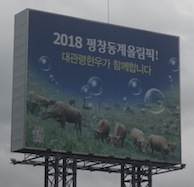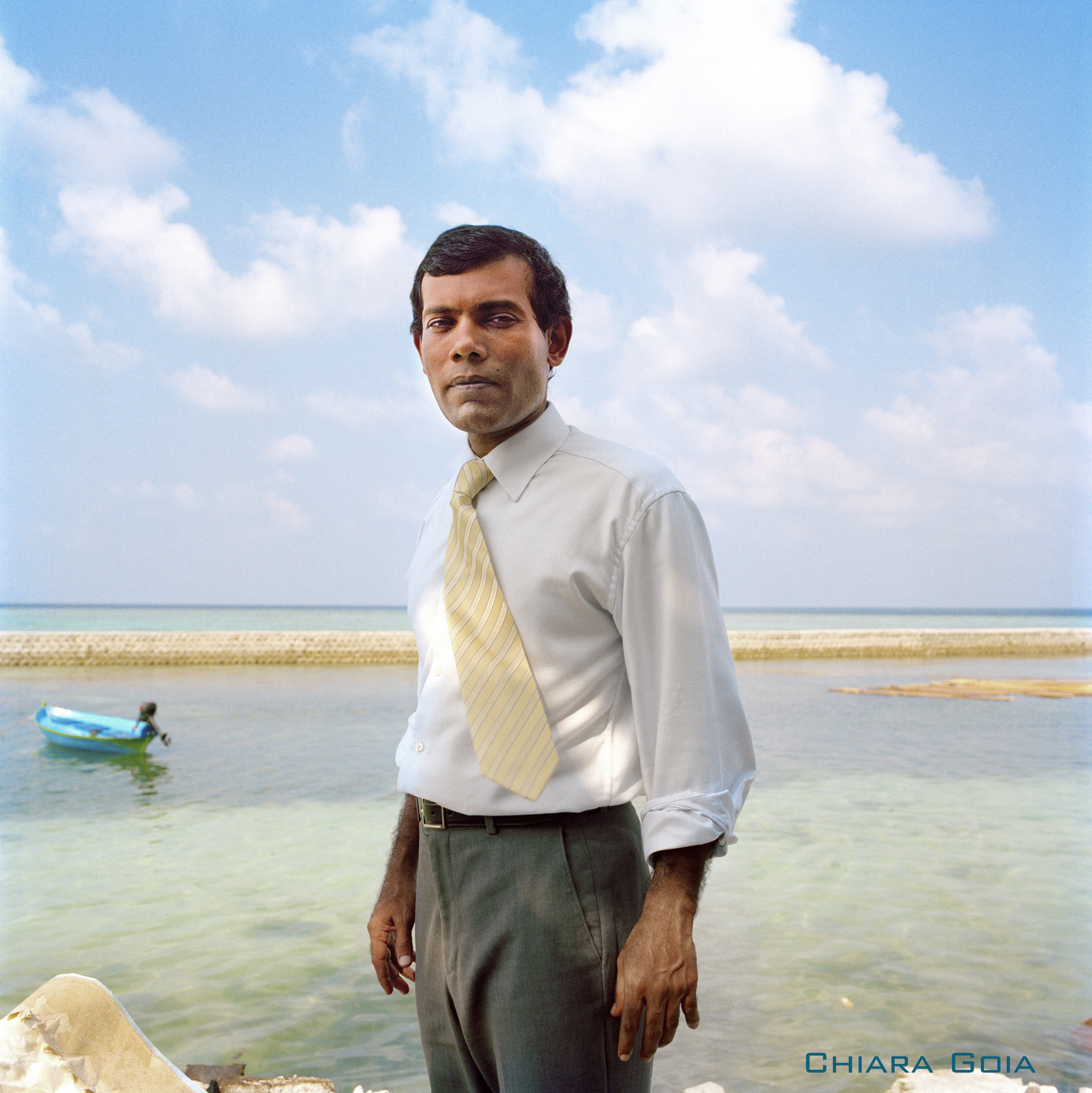Earlier this week, an emaciated 60-ft finback whale was found on the shores of Breezy Point in the Rockaways. Rescuers and local residents of this area recently ravaged by Hurricane Sandy kept pouring water on this sick animal.
There was just so much devastation this year,” said Diane Bassolino after using a water bucket to keep the creature hydrated. “We just wanted to see something survive.”
Our hearts are still aching for the people of Newtown, Oakcreek, Aurora and all the ones that came before.
Earlier this year, I saw The Island President, and the inspiring Mohammed Nasheed reminded us that Male, the capital of the Maldives, is no higher than Manhattan. He warned, “What happens to the Maldives today is going to happen to everyone else tomorrow.” And it did. We witnessed destruction in the Rockaways, Coney Island, Staten Island and lower Manhattan. It was an awakening. A struggle is emerging.
The gifts you’ve already been given in 2012 include a struggle over the fate of the Earth. This is probably not exactly what you asked for, and I wish it were otherwise — but to do good work, to be necessary, to have something to give: these are the true gifts. And at least there’s still a struggle ahead of us, not just doom and despair.
And as this year comes to an end, among the many losses we mourn is a young Indian woman, a physiotherapy student who was the victim of a brutal gang rape. We don’t know much about her either. Nilalanjana Roy writes a powerful tribute to this anonymous woman:
Let there be an end to this epidemic of violence, this culture where if we can’t kill off our girls before they are born, we ensure that they live these lives of constant fear…Don’t tell me her name; I don’t need to know it, to cry for her.
In all the stories about the 23-year-old rape victim as India’s Braveheart, it’s worth remembering this. She had no intention to be a braveheart. She didn’t want to become a flickering candle on some dark street corner. She didn’t want to become a symbol. Of sorrow. Of hope. Of our shame. Of anything really. Those are all identities we have given her. She just wanted to go home. Perhaps tell a friend what she thought of the movie she had just seen.
There was something in her story that shook all of us. S. Roy continues:
“Let’s not question why this jolted us more than other rapes now. Let’s be thankful we are capable of being jolted.”
This is a year that we have collectively been jolted by single events that were not singular in nature—acts that have been or may become too common. Though, we are still trembling from the aftershocks, S.Roy reminds us, “We learned that it is possible to shake a country out of its apathy.”

